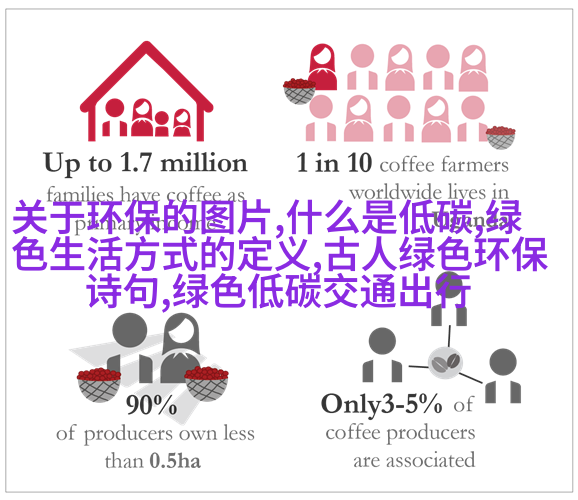乡村治水新篇章污水处理方案的智慧之路
乡村治水新篇章:污水处理方案的智慧之路

一、 rural wastewater treatment plan: wisdom of the times
With the rapid development of agriculture and population growth, the problem of rural wastewater has become increasingly prominent. It is urgent to implement a comprehensive solution to deal with this issue. The key is not only to treat the symptoms but also to find a lasting cure.

二、 Watershed management for sustainable future
In order to effectively manage rural wastewater, it is necessary to adopt a holistic approach that takes into account watershed management. This involves identifying and prioritizing areas where water resources are most vulnerable, such as agricultural lands, residential areas, and industrial sites.

三、 Integrated planning for effective implementation
The success of any rural wastewater treatment program depends on careful planning and coordination between different stakeholders. A well-designed integrated plan should include technical assessments, feasibility studies, budget allocations, and timelines for each phase of implementation.

四、 Community engagement in pollution prevention
Community participation plays a vital role in ensuring the success of any pollution prevention effort. By raising awareness about the importance of proper waste disposal practices among residents and farmers can significantly reduce pollutants entering water bodies.

五、 Technological innovation in wastewater treatment
Technological advancements have made significant strides in improving efficiency while reducing costs associated with treating large volumes of polluted water from various sources. In addition to traditional methods like sedimentation tanks or biological processes there are new techniques like membrane bioreactors (MBRs) which offer promising solutions.
六、 Financial incentives for sustainable development
To encourage investment in environmental projects financial incentives must be offered at both local government levels as well as through international aid programs targeting developing nations' infrastructure needs while promoting green technologies that help mitigate climate change impacts across regions worldwide by supporting renewable energy initiatives & implementing policies aimed at minimizing carbon footprints throughout industries sectors including transportation manufacturing etcetera & more importantly education public health services healthcare systems support social welfare programs enhancing quality life standards – all these aspects form part our overall strategy towards achieving sustainability goals within timeframes set forth under Paris Agreement 2015 signed by almost two-thirds countries around world committing themselves working together safeguarding Earth's future generations now & beyond!